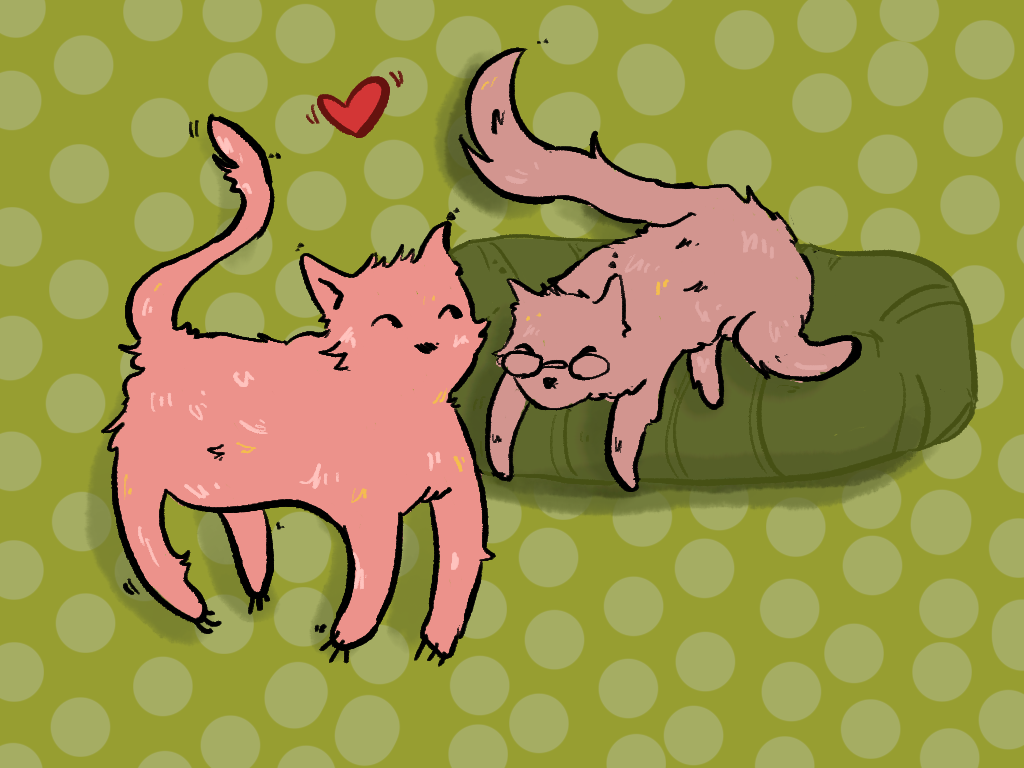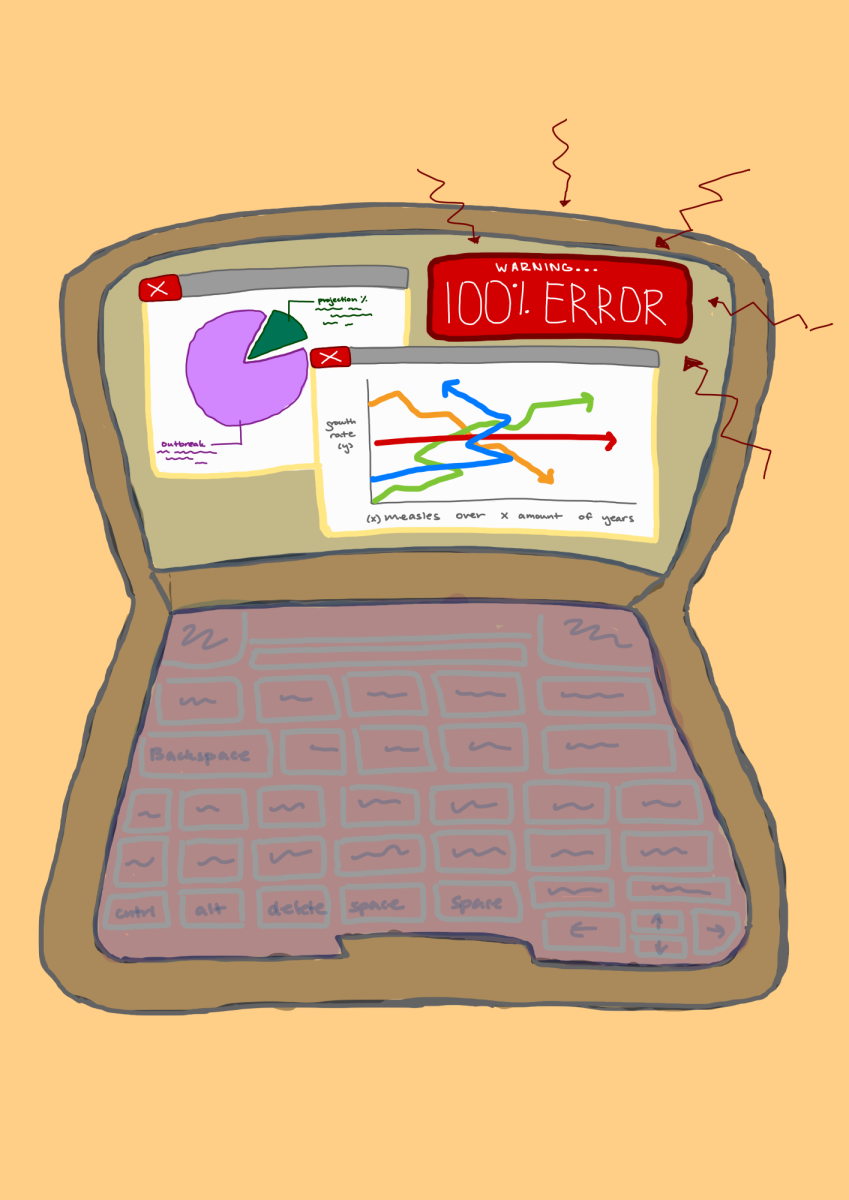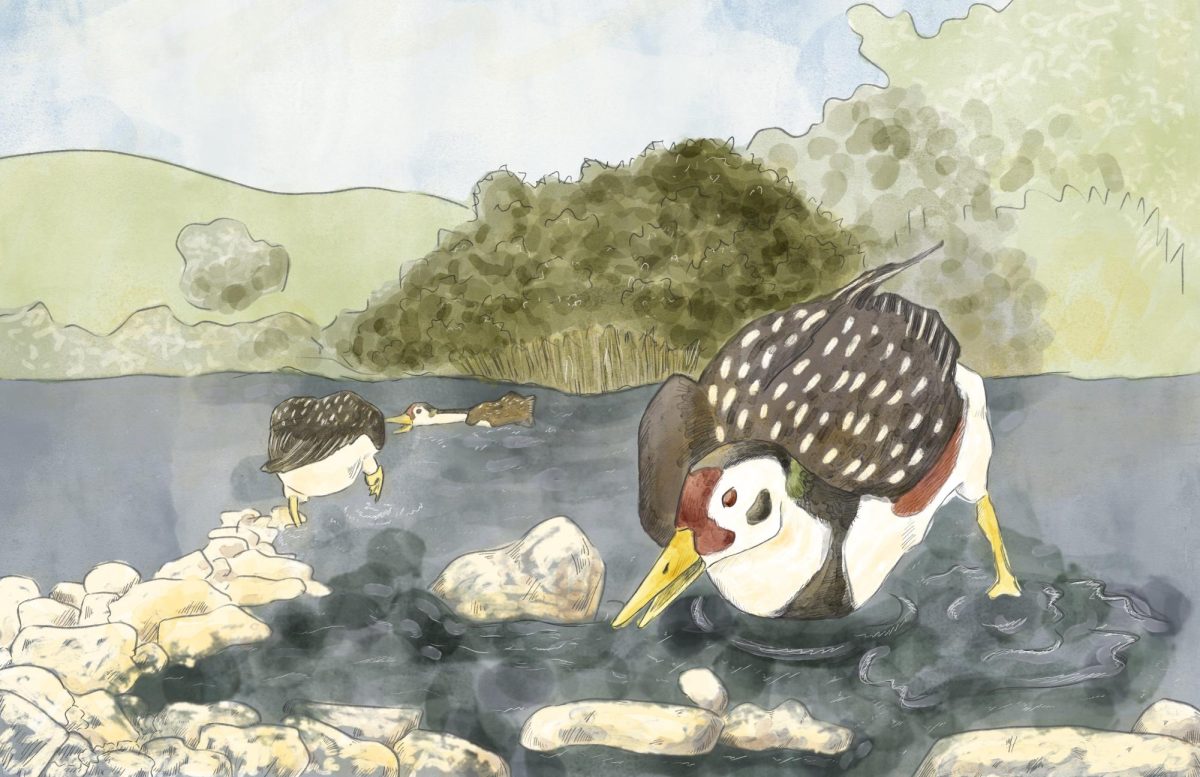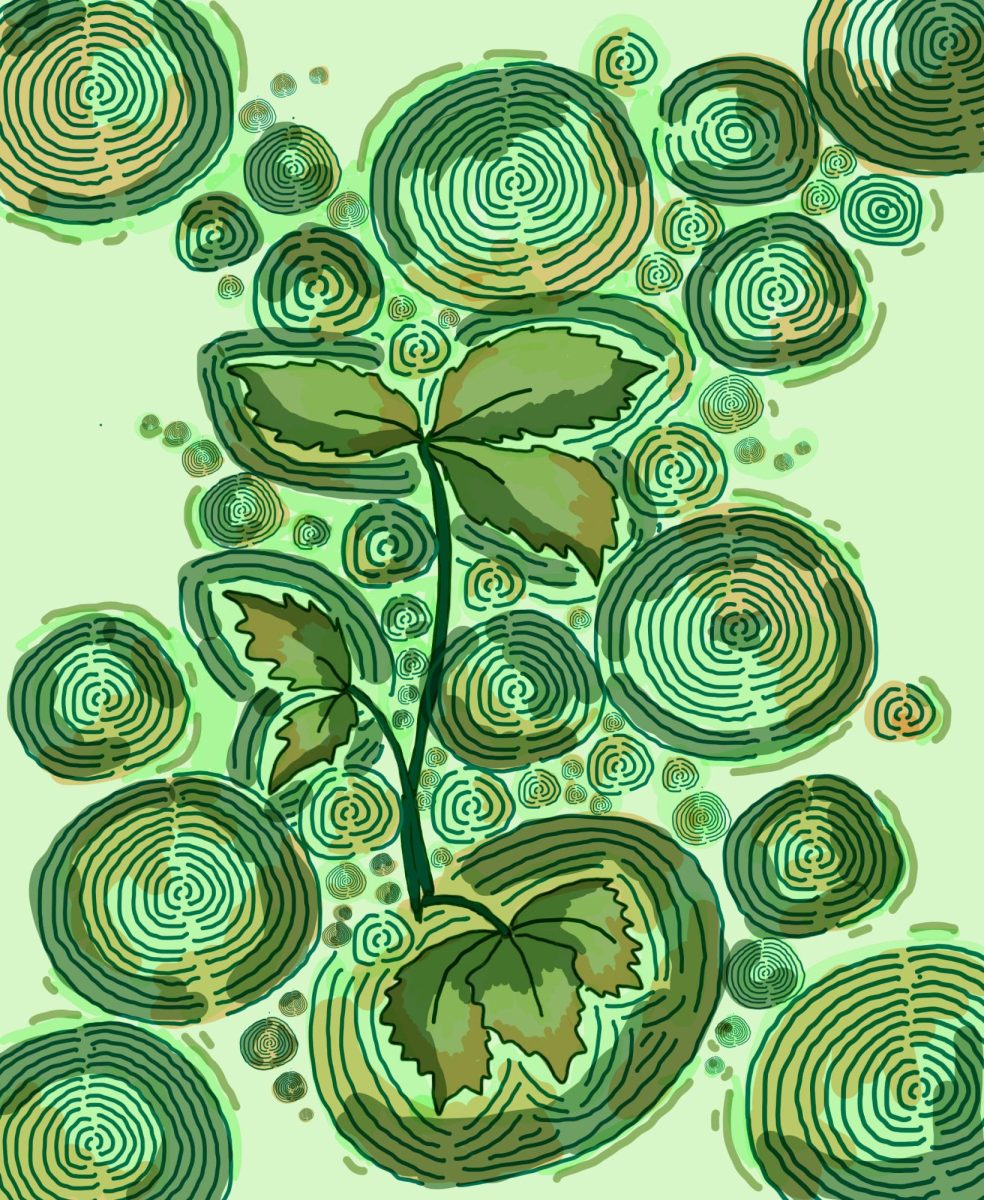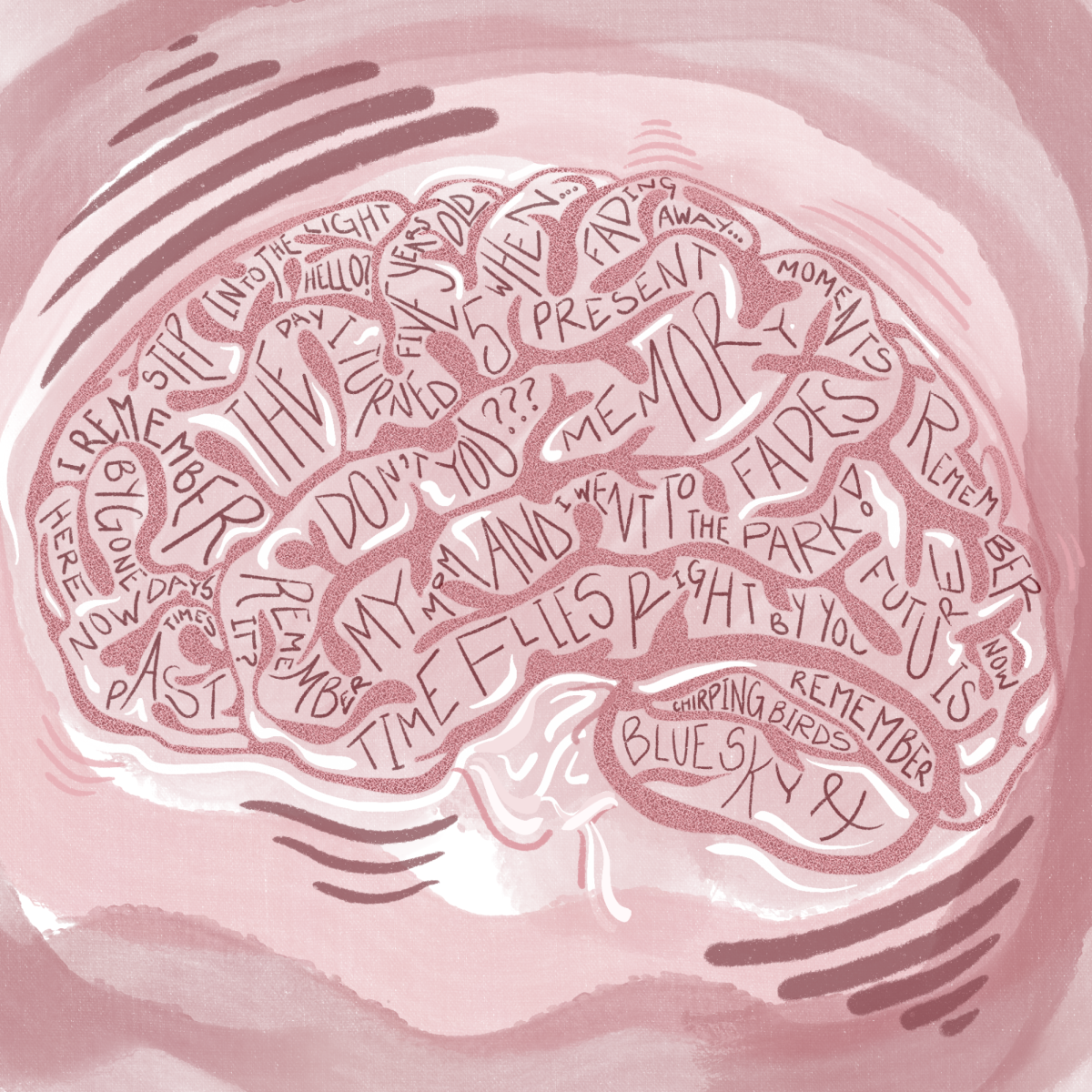New research conducted by a UT professor of Human Development and Family Sciences challenges the idea that family caregiving is a risk factor for depression, contrary to popular belief.
Sae Hwang Han, lead author of the study, said many people believe caregiving increases the risk of negative health outcomes, specifically depression. It is thought the stress of caring for a sick family member would worsen the caregiver’s health, he said.
“This sort of view is mostly based on observations that caregivers are at risk of adverse health outcomes, most prominently depression, compared to non-caregivers,” Han said.
However, recent research suggests the relationship between caregiving and caregivers’ health outcomes is not entirely negative.
“The literature on caregiving took somewhat of an unexpected turn (in) the last decade when studies repeatedly found that caregivers live longer compared to non-caregivers,” Han said. “Which is really surprising because if it’s really stressful and depressing it should not lead to a longer lifespan.”
Han said the study tracked adults caring for their aging mothers experiencing a health-related decline and the adults’ emotional state.
“As their mothers experienced a serious health problem, their adult children also experienced a dip in their mental well-being in the form of depression,” said Han. “(Participants) really feel for the person because (they) care about them. (They) love them and that’s part of the human experience.”
From there, the study looked at whether caregiving had further influence on the children’s well-being.
“I found that not only did it not worsen adult children’s well-being, the caregiving actually turned to alleviate the extent to which adult children became depressed in response to their aging mother’s health conditions,” Han said. “What that told me was that there was something protective about being able to help your loved one when they are in need.”
Han said future research aims to see how caregiving can strengthen the caregiver’s mental and physical health.
“There’s really no disputing that caregiving is likely one of the most stressful things that you can experience,” Han said. “But what I find really fascinating is the idea that when you do things that are very difficult or challenging, (and) that thing is done in service of people you really care about, that can actually build your sense of mental fortitude and make you also resilient and grow.”

